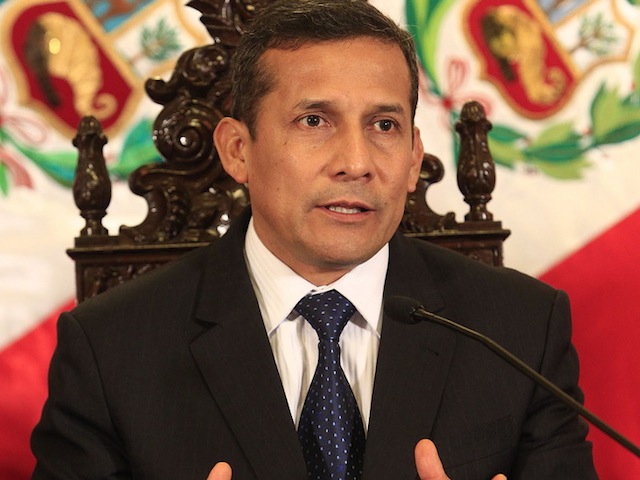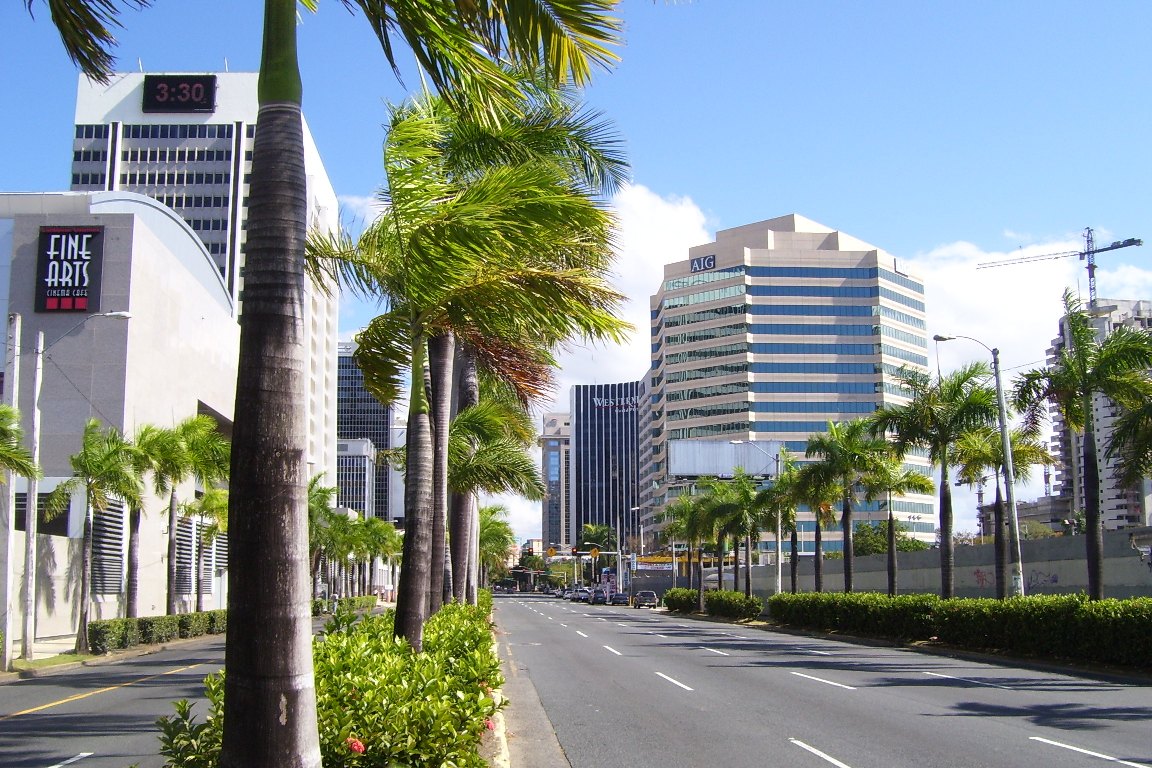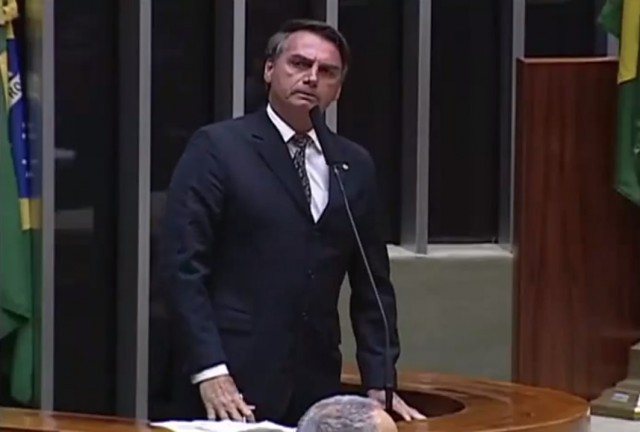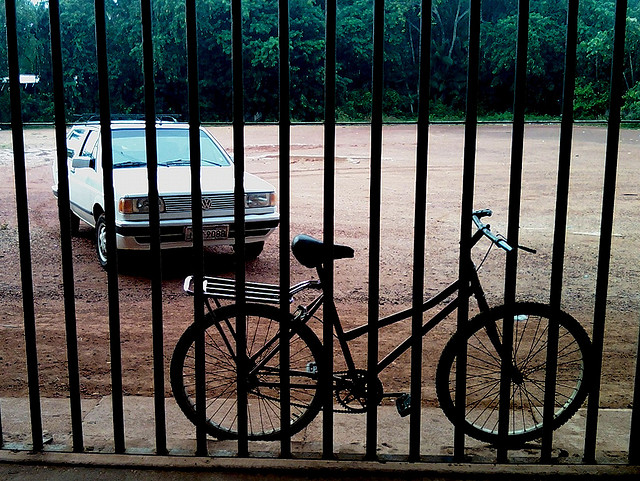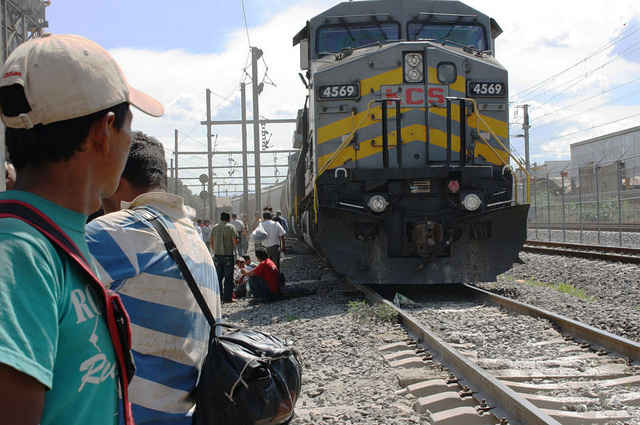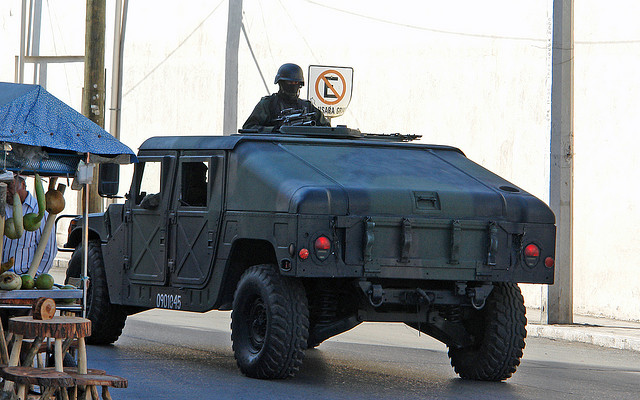
Latin America: Week in Review, Mexico, North America
Mexico: Paper Ends Drug Violence Coverage After Attack
July 12, 2012 By Staff
Top Story — La Mañana newpaper in Nuevo Laredo, Mexico, announced Tuesday that it would no longer cover violent crime after an attacker threw a grenade at the paper’s offices. An editorial published by the paper Tuesday said, “We ask for the public’s comprehension and will refrain, for as long as needed, from publishing any information related to the violent disputes our city and other regions of the country are suffering.” La Mañana did not provide details on who may have been behind the attack, which was the paper’s second in two months, but the bloody turf war between the Zetas and Gulf cartels in Tamaulipas state has all but silenced reporting on drug violence in the region. El Norte newspaper, also in Nuevo Laredo, was attacked with gunfire and grenades on the same day as La Mañana, though no injuries were reported and El Norte did not make a similar public announcement. Many newspapers in Tamaulipas state may have quietly adopted policies of self-censorship, but La Mañana’s public announcement of its change in editorial policy is unusual.
Read more from the Associated Press.
Headlines from the Western Hemisphere
North America
- Fernando Arellano Romero, a suspected associate of Joaquin “El Chapo” (Shorty) Guzman, was arrested Tuesday in Ciudad Juarez and surrendered to police without a gunfight.
- James Aziz Makowski, a U.S. citizen, said he was booked into a maximum-security prison as a deportable undocumented immigrant after being incorrectly flagged by a government fingerprint data-sharing system.
Caribbean
- Opposition leader of the Popular Democratic Party (PPD) Alejandro Garcia Padilla has asked Puerto Rico’s government to declare a state of emergency due to violent crime that has killed almost 500 people this year.
- Cuban officials have confirmed 85 cases of cholera in a recent outbreak, but the government says it is now under control.
- The Haitian television show “Regards Croisés,” produced by Haitians with Haitian actors and actresses, provides comedic relief for middle and working-class Haitians struggling in the aftermath of the country’s earthquake.
Central America
- The U.S. and British ambassadors in El Salvador have expressed concern over a standoff between the country’s Supreme Court and its congress that could make the country vulnerable for a coup.
- The recent session of the International Whaling Commission in Panama suggested that South Korea and Denmark will attempt to pursue commercial whaling.
- The funeral for a member of the Missouri National Guard who was killed in Guatemala during a freak accident was held on Thursday.
Andes
- Bolivian President Evo Morales agreed to revoke a permit for the controversial Mallku Khota mining project, a venture of the Bolivian subsidiary of Canada-based South American Silver, after meeting with indigenous activists.
- The Colombian government announced plans to deploy 5,000 troops to patrol the construction of the Bicentennial Pipeline to prevent attacks.
- Colombia’s senate approved a law that would allow any witnesses of domestic violence to report incidents to police, and would require authorities to investigate reports of domestic violence and alimony evasion.
- Peru’s Madre de Dios region is experiencing a wave of internal migrants attempting to make their fortunes in illegal gold mining, causing serious political and environmental consequences.
Southern Cone
- A Brazilian police spokesperson said that a report on Chevron’s oil spill off the coast of Brazil last year said that the spill caused no major environmental damage.
- Uruguayan Vice-President Danilo Astori said he was opposed to the incorporation of Venezuela into Mercosur, in opposition with Uruguayan President José Mujica.
- Argentina has become a new home base for drug traffickers in Latin America as pressure on the trade increases in Mexico, Central America and Colombia.
Image:evrimsen @ Flickr.
Subscribe to Today in Latin America by Email
